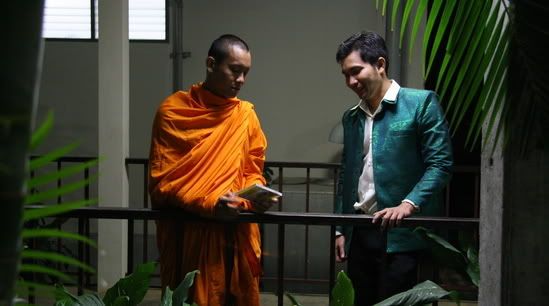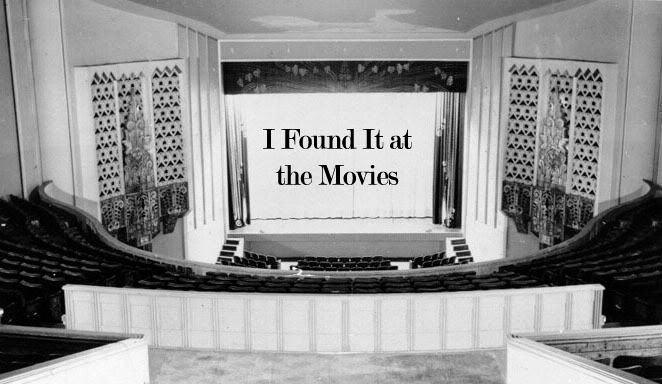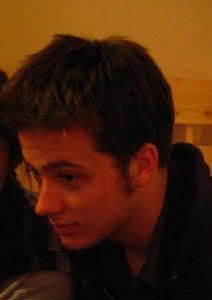
Syndromes and a Century (Apichatpong Weerasethakul)
Perhaps the masterpiece in a small body of work that may be the best of the 21st Century, Apichatpong Weerasethakul’s ode to his parents is a breathtaking meditation on memory, metaphysics, and the delicate malleability of time. His trademark dialectic structure is here–the first half (the “mother half”) is set in a country medical clinic, seen from a young woman’s perspective, the second half (the “father half”) in an urban hospital seen from a young man’s point of view–but the two blend and intermingle more naturally than in Blissfully Yours or Tropical Malady, representing how memories can drift from one context to another. That the same characters appear in both sections only reinforces such a concept. Such gentle beauty breathes a majestic philosophical meditation into great poetry.
I was recently remarking to a friend how strange it was that Weerasethakul himself names many filmmakers to have had a direct influence upon him, namely the canonical American avant-gardists (Stan Brakhage, Maya Deren, Bruce Baillie) and the world cinema canon of the 1990s (Bela Tarr, Tsai Ming-liang, Abbas Kiarostami). But having seen both Syndromes and Tropical Malady again recently, along with a collection of short films spanning his career, it is evident that Weerasethakul is as completely self-contained an artist as can be imagined. His gifts of capturing the quotidian and making them effortlessly profound, of discovering the metaphysical grandeur of nature and how it interacts with human beings, of blending fiction and documentary, realism and folkloric myth, are without peer. He often employs non-professional actors, and commands their inherent naturalism with grace and ebullience. There is more life in his films than anyone else’s in the 21st Century.
Weerasethakul is fascinated by how stories come into existence. Indeed, from the 1995 short Like the Relentless Fury of the Pounding Waves to his four features and his most recent shorts (Wordly Desires, Anthem, Emerald), Weerasethakul presents characters who are creating narratives within the space of the film, and often magically inciting the existence of the film itself. The space where myth (the past) and reality (the present) meet is a source of great joy, suggesting a never-ending temporal flow, where distinctions of past and present are completely meaningless.
Syndromes and a Century marks the greatest realization of all of his concerns, and is his greatest technical achievement. Weerasethakul manipulates light to create an iridescent glow in all of his spaces. In the “mother” section, light constantly flows in from the country outside, seemingly giving life to the patients and doctors inside. Artificial light in the “father” section behaves in the same way. Environment and subject are merged. The way that characters echo each other in each section only further attests to this, that the country and the city, the mother and the father, are two halves of the same whole, inhabiting the same temporal space. Syndromes and a Century is the joyous habitation of memory, and the most affirmative film in a decade.


No comments:
Post a Comment